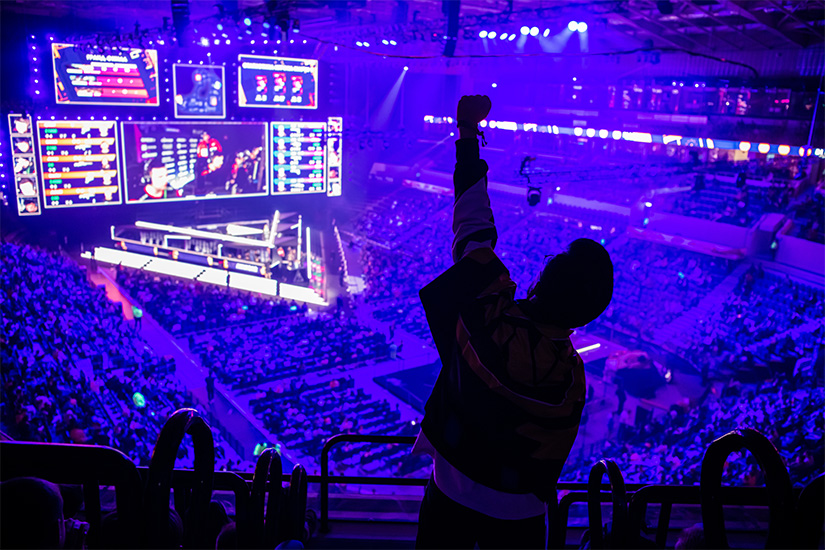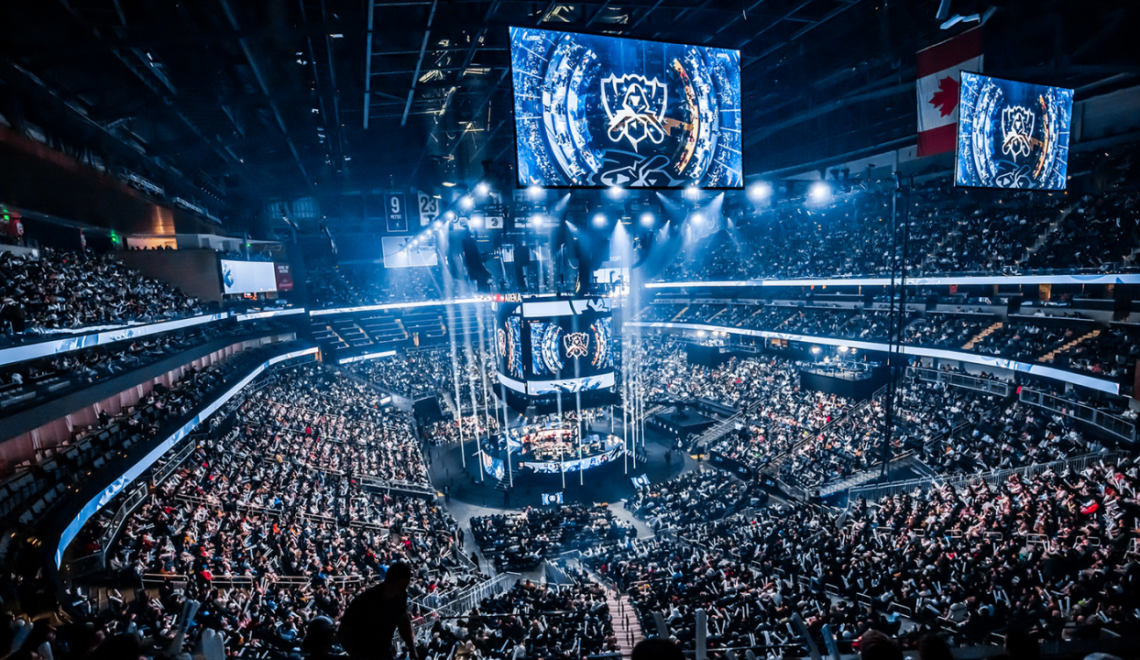
Evolution of E-Sports: From Niche Hobby to Global Phenomenon
In the not-so-distant past, the idea of sitting in front of a screen and competing in video games for global recognition and substantial prize money seemed like a far-fetched dream. Fast forward to today, and the world of electronic sports, or e-sports, has transformed from a niche hobby into a global phenomenon, captivating the attention of millions worldwide.
The Early Days: Niche Communities
E-sports had humble beginnings, emerging from the grassroots efforts of passionate gamers. In the early 2000s, local tournaments and LAN parties were the primary platforms for competitive gaming. Games like Counter-Strike and StarCraft fostered the growth of small, dedicated communities, where players would connect through local area networks to compete against each other.
The Rise of Online Gaming Platforms
The evolution of e-sports took a significant leap with the advent of online gaming platforms. Services like Twitch and YouTube Gaming provided a space for gamers to live-stream their gameplay, creating a bridge between players and audiences. This shift allowed e-sports to break through geographical constraints, reaching a global audience hungry for competitive gaming content.
Professionalization and Sponsorships
As e-sports gained momentum, professional leagues and tournaments began to emerge. Organizations like Major League Gaming (MLG) and the Electronic Sports League (ESL) paved the way for structured, competitive play. With this professionalization came the influx of sponsorships from major brands, solidifying e-sports as a viable career option for top players.
Mainstream Recognition
The turning point in the evolution of e-sports was its gradual acceptance into mainstream culture. Major sports networks started broadcasting e-sports events, and mainstream brands began sponsoring teams and leagues. Games like League of Legends and Dota 2 attracted massive global audiences, with championship events filling arenas and garnering millions of online viewers.
Olympic Aspirations
The global recognition of e-sports even led to discussions about its inclusion in the Olympic Games. While not without its controversies, the consideration itself marked a significant milestone in acknowledging e-sports as a legitimate and influential form of competition.
Technological Advancements
The evolution of e-sports is inseparable from the rapid advancements in technology. High-speed internet, powerful gaming consoles, and cutting-edge gaming peripherals have enhanced the overall gaming experience. Virtual Reality (VR) and Augmented Reality (AR) are now being explored to push the boundaries of e-sports even further.
The Future of E-Sports
Looking ahead, the future of e-sports seems boundless. Continued growth in viewership, increasing prize pools, and the development of new gaming genres will likely shape the landscape. Additionally, the integration of e-sports into educational institutions, with the establishment of scholarships and collegiate leagues, further solidifies its place in the mainstream.
In conclusion, the evolution of e-sports from a niche hobby to a global phenomenon is a testament to the passion and dedication of the gaming community. As technology continues to advance and societal perceptions shift, e-sports is poised to become an even more integral part of our entertainment and sporting culture.







